Code, confidence, and community: A look back at Astro Pi 2024–25
Taking part in the European Astro Pi Challenge builds young people’s confidence and motivates them to try further digital making and programming activities, according to their mentors. The challenge, a European Space Agency (ESA) Education project run in collaboration with the Raspberry Pi Foundation, offers young people the amazing opportunity to write a short computer program to run on Raspberry Pi computers on board the International Space Station (ISS).
An incredible 27,304 young people from 27 countries got involved in Astro Pi 2024–25, with 26,294 succeeding in having their code run in space across the two challenge activities, Mission Zero and Mission Space Lab. As in past years, we’ve asked mentors and their teams about their experience and the impact participating had on them. So what did they say?
How we listened to feedback
To find out what worked well, what we could improve, and the impact Astro Pi has had on young people’s lives this year, we encouraged mentors to complete a survey after teams submitted their computer programs. We also ran focus group discussions to deepen our understanding. A huge thank you to the 99 Mission Zero and 26 Mission Space Lab mentors who completed our surveys, and the five mentors who participated in our focus groups.
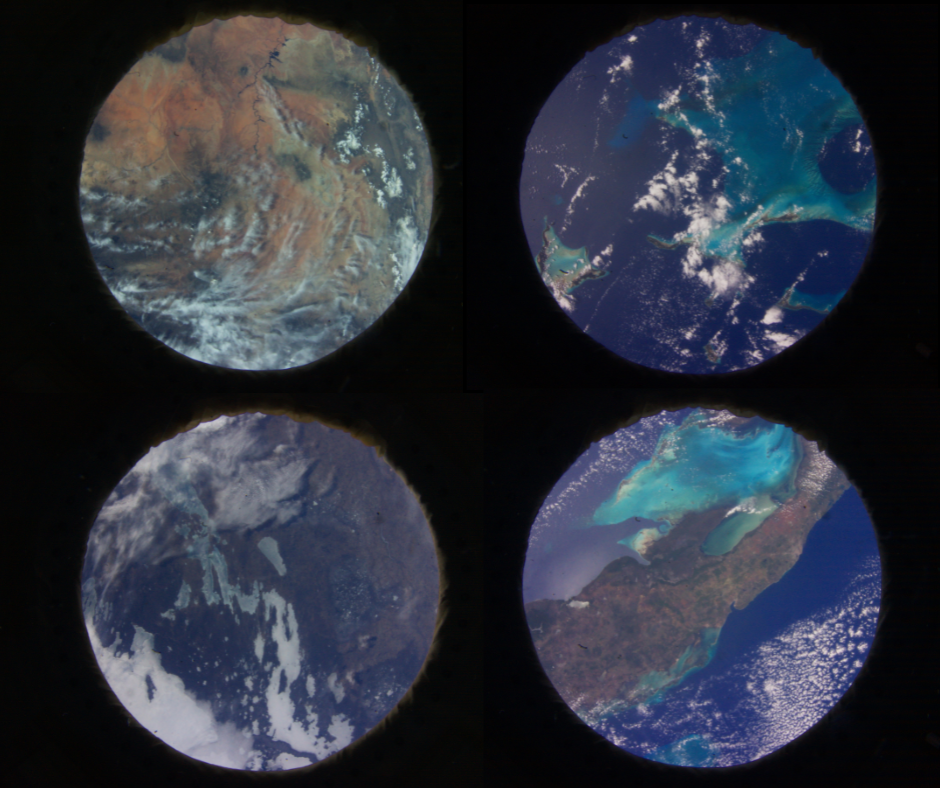
What is working well
Low stakes but high impact
Mentors believe that Astro Pi is a great opportunity for young people to build their coding skills and knowledge of STEM concepts. Close to 80% of mentors for Mission Zero and 90% for Mission Space Lab agreed that these outcomes were being achieved for the young people in their teams. Mentors also appreciated that while the programme had real-world application, the learning experience was relaxed and low pressure.

Many of our young participants come from areas of educational disadvantage or traditionally underrepresented groups where confidence with technology and STEM subjects can be low. Mentors reported that the programme empowers young people, increasing their confidence with computing and digital making, and helping them connect with a wider community of learners from around the world.
“They [young people] come from complicated environments and sometimes their confidence is very low. They don’t believe in themselves and this [Mission Zero challenge] really empowers them.” — Mission Zero mentor
“I think having a space mission, having Mission Zero is a way of connecting not only to a worldwide group of learners, but also explorers, future scientists, future astronauts. To see them as part of a larger community, not just an activity or assignment that they have to do in class. They discover their own abilities and potential, and exercise their creativity in a very low stakes environment… and then to see it come to life in that global way I think is extremely valuable.” — Mission Zero mentor
This increased confidence also encourages young people to take on other opportunities. 78% of Mission Zero mentors and 96% of Mission Space Lab mentors believe that it is likely that their students will participate in other coding and digital making challenges in the future.
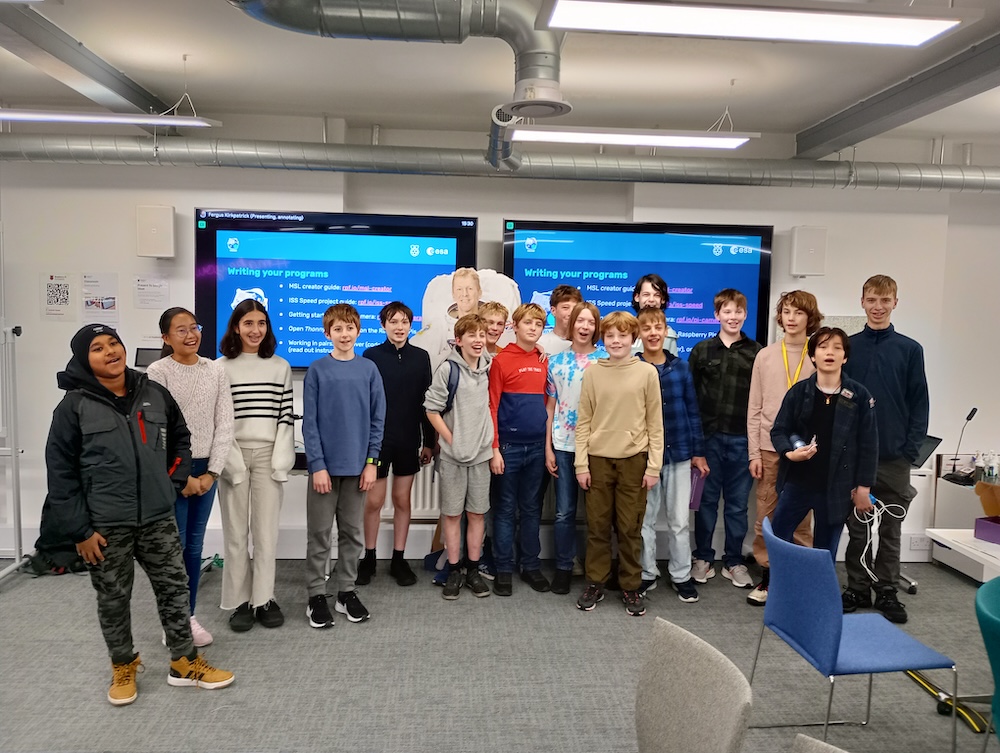
Space is cool!
The connection to space and the ISS continues to be a strong motivator, not just for young people but also mentors and other peers. In our survey, 90% of mentors in Mission Zero and 92% in Mission Space Lab reported that the young people participating were highly motivated by the possibility of having their code run on the ISS. In focus groups, mentors highlighted how the excitement of working on a space project extended to them and other adults too.
“They’ve always really enjoyed the sheer fact that you get to send stuff into space because it is really cool.” — Mission Zero mentor
“You know, even the adults I tell about this say, ‘oh, that sounds amazing. Can I do it?’ I go, ‘No, you’re too old. I’m too old.’” — Mission Zero mentor
“We want our code to run in space! We are fascinated by discovery and the opportunity to contribute to a real science experiment on the ISS.” — Mission Space Lab mentor
The resources and guidance are useful
We know how crucial mentors are to the success of Astro Pi. Mentors come from diverse backgrounds and we are committed to making sure they feel prepared and supported. We were thrilled to hear that over 90% of Mission Zero mentors and 80% of Mission Space Lab mentors found the Astro Pi resources useful.
“I had no skills but the support proved to be excellent” — Mission Zero mentor
“Step-by-step instructions were excellent and really clear. Very easy to follow.” — Mission Zero mentor
For Mission Space Lab, the more technical activity, we’ve been working on providing additional support. In 2024–25 we introduced a new online simulator tool for teams to test their programs with historical ISS data. Mentors found the tool to be helpful, allowing them to troubleshoot their code.
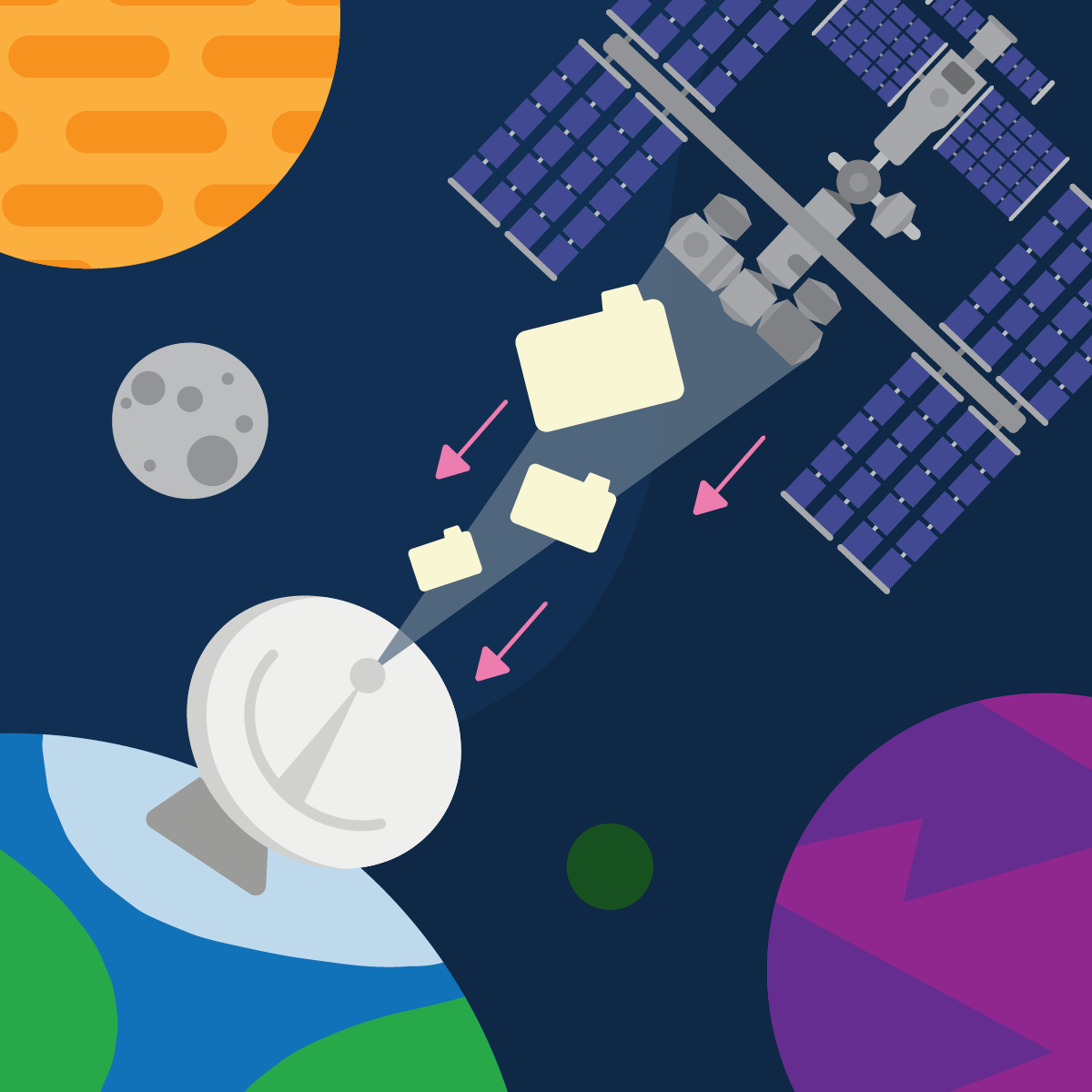
What could be improved?
While we celebrate the successes, we’re always keen to understand how we can improve the programme.
As in previous years, mentors reported that young people whose computer programs passed the eligibility criteria and ran on the ISS (or “achieved flight status”, as we call it) benefited most from the experience. While 12% more Mission Space Lab teams achieved flight status this year compared to last year, some registered teams still did not submit programs.
To understand why, we surveyed mentors who had registered but who did not then submit computer programs. In the 55 responses, the main reasons given were a shortage of time due to other school commitments, and their teams finding the challenge difficult.
Some survey respondents suggested a need for more simplified, step-by-step instructions for less experienced learners. Additionally, a few teams faced technical issues with the online portal and the testing tool.
Thank you to all the mentors who provided their honest feedback. We’ve read and considered all of it and will use it to make Astro Pi even better in the future.
Astro Pi will be launching for its 10th year on Monday, 8 September 2025. We’ve been working on making it easier than ever to take part in both missions and are looking forward to supporting you and your teams in getting your code into space. If you’re interested in taking part, sign up to our newsletter and get the latest news and information about our resources for this year’s missions.
Important dates:
8 September 2025: The Astro Pi Challenge opens for registration
16 February 2026: Closing date for Mission Space Lab
23 March 2026: Closing date for Mission Zero

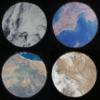

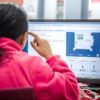
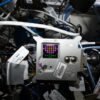
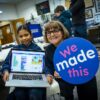
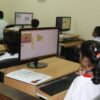
No comments
Jump to the comment form